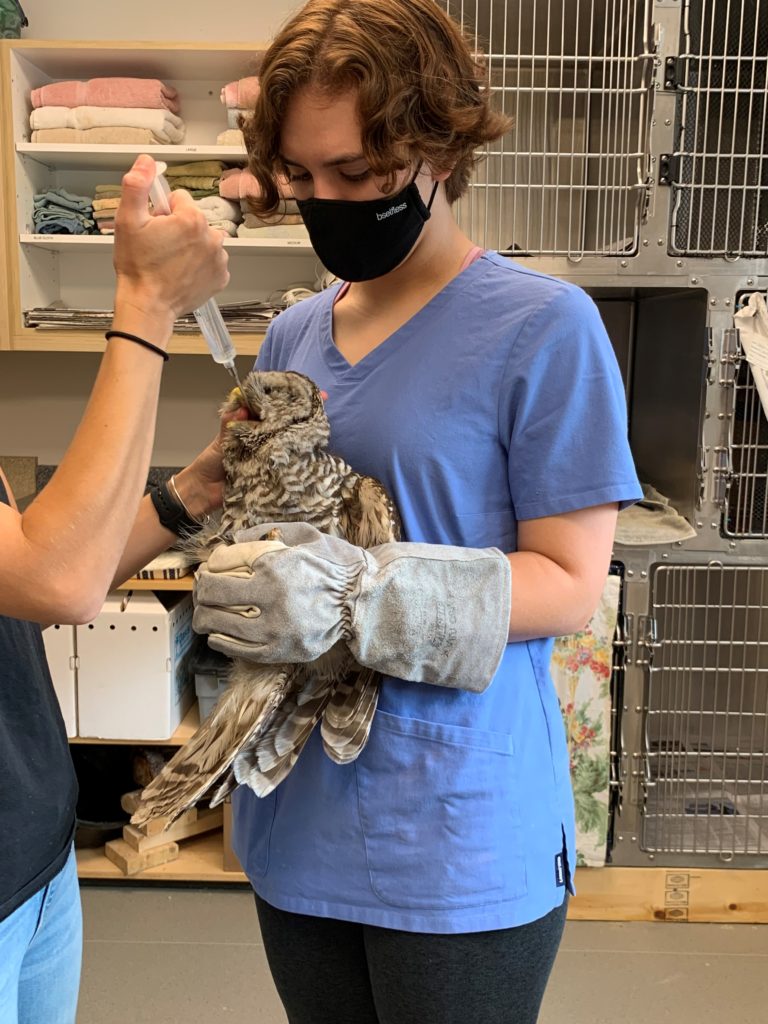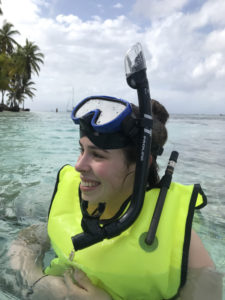Prospective UMW Students

The Department of Biological Sciences is among the largest at UMW. We are located in the newly renovated Jepson Science Center on the Fredericksburg campus of the University. The Department offers three majors and one minor, leading to a Bachelor of Science degree in Biology.
Students may also complete valuable interdisciplinary minors in neuroscience and environmental sustainability or earn a GIS certificate.
Extensive support is additionally available to students interested in a health care career through the university’s Pre-Health Program.
Our students earn prestigious fellowships and awards, and graduates go on to varied careers in the life sciences including healthcare, biotechnology, and conservation biology. Here are just a few of our success stories.
Why study biology at UMW?:
- Focus on teaching: All classes and labs are taught by professors whose top priority is high-quality teaching.
- Small class size: Typical upper-level class size is 15 – 20.
- Opportunities for Internships, Community Service, and Career Skill Development: Students can earn academic credit while engaging in off-campus activities that enhance their career readiness. They can volunteer at one of Fredericksburg’s many health care facilities, veterinary clinics, or animal rehabilitation centers. Students can also work closely with the Center for Career and Professional Development to find internship opportunities that meet their specific career interests in biology.
- Opportunities for research: Students at all levels can engage in authentic research. Student-centered research is an integral part of every faculty member’s research program.
- Cutting-edge equipment and facilities: The newly renovated Jepson Science Center boasts –
- a large molecular biology research suite capable of providing laboratory bench space of upwards of 40 undergraduate research students,
- two tissue culture suites containing 4 complete tissue culture consoles,
- a complete virology lab,
- an electron microscopy lab containing a scanning and transmission electron microscope,
- a centrifugation core containing two modern high-speed centrifuges,
- facilities for students engaging in plant research, including a phytotron, a small greenhouse, and an extensive herbarium collection,
- field equipment for collecting biological data in nearby aquatic and terrestrial ecosystems.
- Amazing tropical adventures
- Spend an unforgettable spring break in the Galapagos Islands or the rainforests and beaches of Panama!
Contacts for further information:
For further information about the Majors and Minors offered by Department of Biological Sciences, please contact Lynn Lewis, Chair, Department of Biological Sciences.


